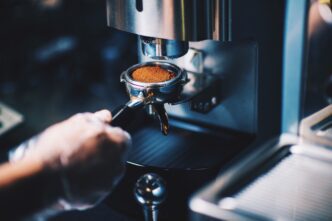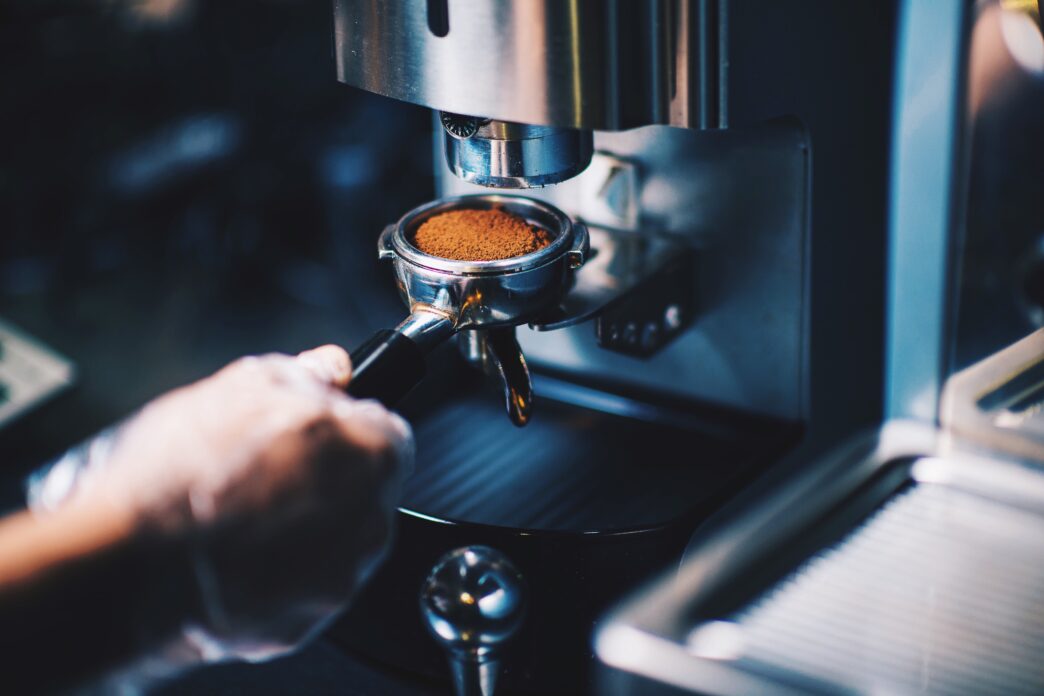Executive Summary
The Story So Far
Why This Matters
Who Thinks What?
President Donald Trump recently indicated that reducing tariffs could lower coffee prices, a stance that implicitly diverges from his long-held assertion that foreign entities, rather than American consumers, bear the cost of these taxes. The comments were made during a Fox News interview this week, amidst significant increases in coffee prices experienced by Americans throughout the year.
Historically, Trump has maintained that tariffs are paid entirely by foreign countries or split between foreign nations and US corporations, thereby not affecting consumer prices domestically. This position has been a consistent feature of his economic rhetoric for several years.
However, during the interview, when confronted with high coffee prices, Trump stated, “Coffee: We’re going to lower some tariffs, we’re going to have some coffee come in.” This statement suggests an acknowledgment that tariffs contribute to higher consumer costs.
Erica York, vice president of federal tax policy at the Tax Foundation, noted that Trump’s comment effectively serves as a self-correction of his previous claims. She posted on X that it provides “evidence that Trump et al. understand tariffs are taxes that increase prices for consumers, they just usually lie about it,” further adding that he is now acknowledging the burden tariffs create on American consumers.
Tariffs and Consumer Prices
The US government collects tariffs on imported products from American importers, which adds to their operational expenses. Numerous studies and statements from US businesses have consistently shown that importers often pass these increased costs, either partially or fully, to the final consumers.
Despite this evidence, Trump has frequently denied that consumers are negatively impacted by tariffs. For example, he stated on the campaign trail in 2024, “It’s not going to be a cost to you, it’s going to be a cost to another country.”
Consumer Price Index figures reveal that coffee prices were approximately 15% higher on average in September 2025 compared to January, the month Trump returned to office. Similarly, banana prices, another largely imported product, increased by about 8% during the same period.
Earlier this year, Trump had dismissed warnings that coffee and banana prices would rise after he declined to exempt these products from his tariff regime. Tariffs affecting coffee prices include a 50% tariff on products from Brazil, a major coffee supplier to the US.
Administration’s Expectations
Treasury Secretary Scott Bessent confirmed in a Fox News interview that the administration anticipates prices will fall following “substantial announcements over the next couple of days” regarding coffee, bananas, and other produce not grown domestically. Bessent stated, “That will bring the prices down very quickly.”
The actual speed of price reductions remains to be seen. Companies that raised prices due to tariffs may be hesitant to lower them quickly, especially given various global factors that have elevated coffee crop prices this year and a five-month increase in overall US inflation.








